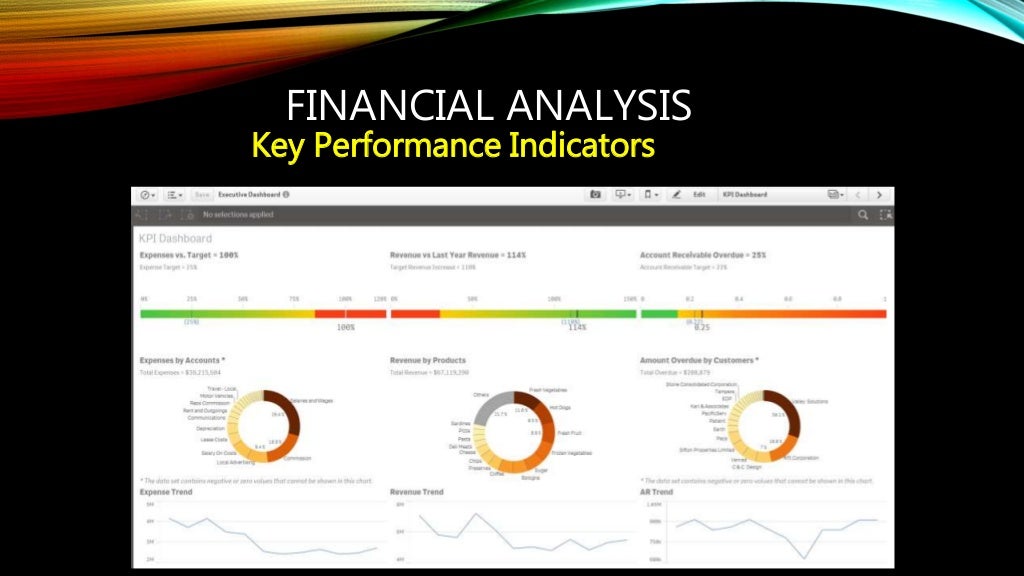

For instance, if a salary is not paid to an employee in the previous year but was rather paid in the following year, then this salary amount must have been shown in the income statement as Accrued salary expense while shown in the Balance sheet as Accrued Salary in the current liability section. The accrual principle states that accounting is based on the theory that accounting transactions need to be recorded in the period they occurred rather than the period when there are cash flows associated with them. Since the system uses two sides of accounts with the same amount, hence the debit side will always be equal with the credit side of the accounts. The whole accounting is based on this principle. Then, the rent expense account will be debited and at the same time, the cash account will be reduced and credited with the amount of the rent being paid. For example, if a business pays for its rent in cash. It is important to note that the transaction will be recorded in two separate accounts. According to this principle, every accounting transaction will have two impacts on the accounts, one on the debit side and the other one will be on the credit side of an account.

The dual Bookkeeping principle is the crux of accounting principles. Understanding Accounting Principles: Dual Bookkeeping: Following is the list of most common and fundamental accounting principles: The Financial Accounting Standards Board (FASB) is responsible for issuing a standardized set of accounting principles referred to as Generally Accepted accounting principles (GAAP). Accounting principles are the rules and principles companies must comply with in preparing financial statements.


 0 kommentar(er)
0 kommentar(er)
